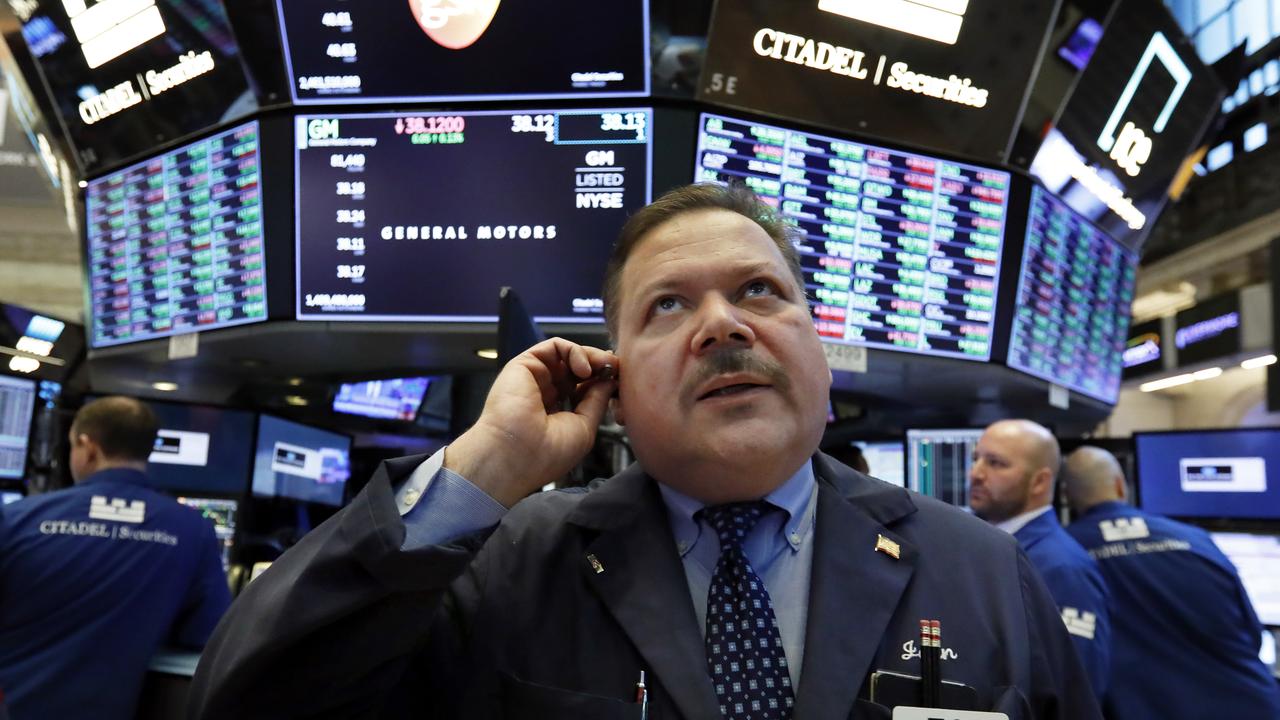Geoff Wilson’s WAM Capital on top in testing market
Geoff Wilson’s $1.1bn WAM Capital is going from strength to strength.

Shareholders snapped up a $247.2 million capital raise by the listed investment company last week, pushing the share price up to a record high of $2.35 when trading resumed on Monday.
A $119m institutional placement was shut early after being heavily oversubscribed, and a $128.1m retail share purchase plan saw 26 per cent more take-up than the first SPP in 2015.
Self-managed superannuation funds were strong supporters of the capital raise thanks to the fund’s consistent stream of fully franked dividends and strong track record. WAM has made an impressive 18 per cent a year since its inception in 1999, and it now trades on a handsome dividend yield of 6.5 per cent, versus 4.3 per cent for the broader sharemarket.
While being pleasantly surprised by the extent of demand for the offer, Wilson was confident enough to deploy the cash beforehand, adding to existing share holdings of small and mid-sized Australian companies. His top five include Smartgroup, RCG, Nick Scali, Ardent Leisure and Credit Corp. As of the end of July, WAM held about 24 per cent of its funds in cash — still high by most standards, but well below the firm’s long-term average cash level of 34 per cent.
But while Wilson expects the interest-rate environment in Australia to remain supportive this year, WAM’s lower-than-average cash holding is a function of its bottom-up investment process rather than a view the overall sharemarket represents good value. And Wilson is well aware of the risks for any high-priced companies that disappoint the market.
“We still think there’s risk on valuations that are too high, as we saw from APN Outdoor this week,” he says. “If your earnings miss expectations or your guidance falters, the market is brutal, so the real challenge for an investor at the moment is making sure that you dodge those bullets.
“Normally with the small downgrade they had, you wouldn’t expect the stock to fall 35 per cent. It comes back to stock selection, and you’ve got to be incredibly close to companies you invest in. We look for companies we think are undervalued and have a catalyst they are going to rerate on.”
Wilson is also wary of any back up in the record-low interest rates that have pushed the benchmark S&P/ASX 200 index up to a decade high of 16.8 times expected earnings per share.
“With record-low interest rates and very high valuations you are taking a lot of risk investing in the sharemarket because there’s an inverse correlation between P/E multiples and interest rates,” he says.
He recalls rolling a home loan at 15 per cent in 1982 when the sharemarket P/E ratio was seven times. The average mortgage rate is now about 4 per cent and the P/E ratio is about 16.7 times.
“As we are seeing with stocks, the market is priced for perfection so if anything goes wrong — and we are seeing that in this reporting season — how brutal the market can be,” he says.
“When the market is on such a high P/E, investors are taking significant risk, and if there’s any shocks, there will be a very swift and strong price adjustment. But just in the short term it’s hard to see it. Trump could have been one of the shocks, but he keeps shooting himself in the foot.”
But regardless of the global trend towards quantitative easing and negative interest rates, Wilson doesn’t see such unconventional monetary tools — or the possibility of “helicopter money” in places such as Japan — as a panacea for the global economy.
“The semi-concerning thing is just how globally, if something goes wrong — like Brexit — (central banks) just pump more money into the system. What worries me there is that they’re just making a bigger bubble,” he says. “You can’t just keep pumping money into the system.
“We’re all hoping that if interest rates at some point in time move back up, that the earnings will come through and valuations won’t adjust downwards incredibly swiftly, but we just don’t know how this will play out.”






Geoff Wilson’s $1.1 billion WAM Capital is going from strength to strength despite a local sharemarket the veteran fund manager says is “priced to perfection”.